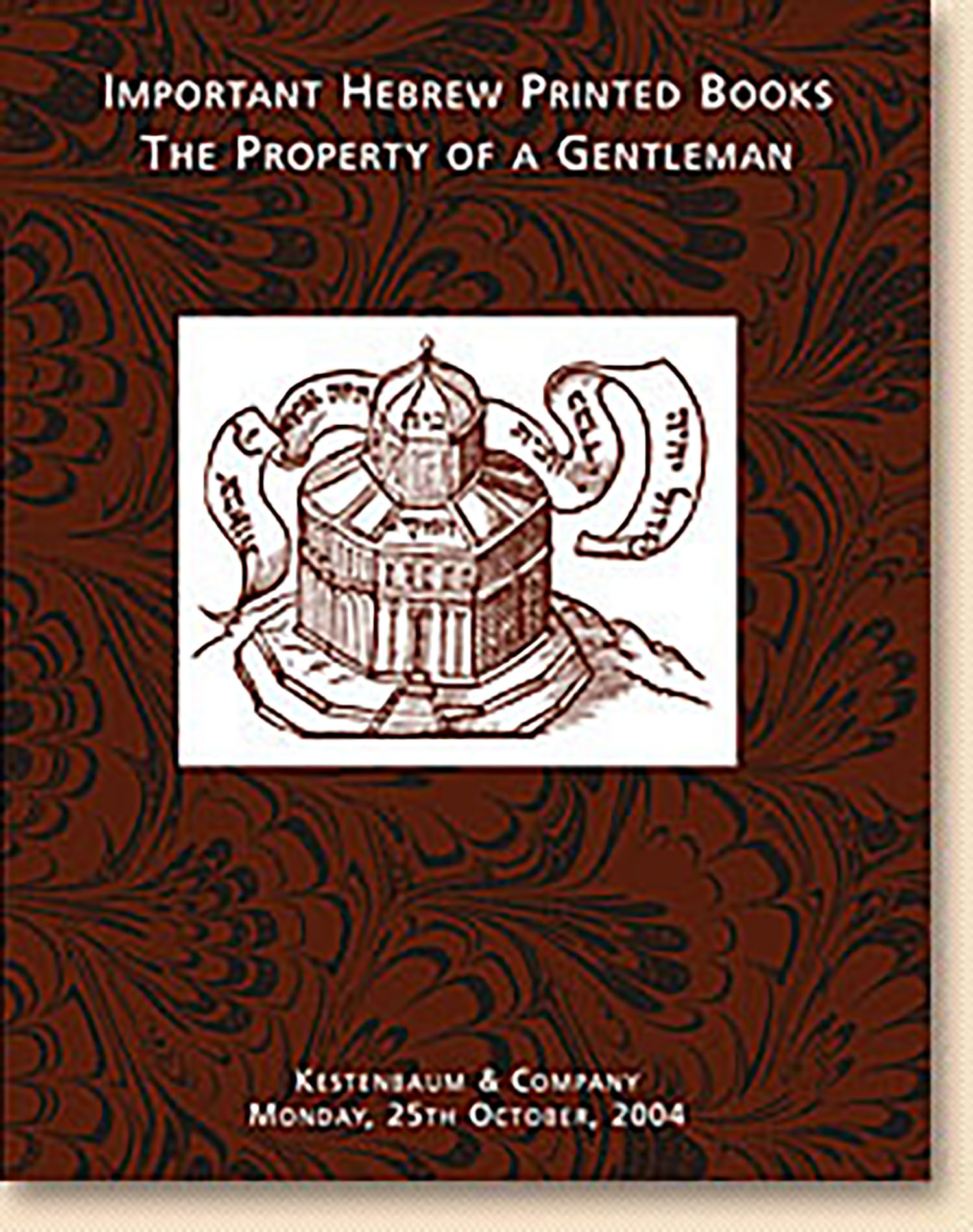Zevach Pesach. With commentary by Isaac Abrabanel

AUCTION 25 |
Monday, October 25th,
2004 at 1:00
Important Hebrew Printed Books: The Property of a Gentleman
Lot 16
(HAGADAH).
Zevach Pesach. With commentary by Isaac Abrabanel
Constantinople: David & Samuel ibn Nahmais 1505
Est: $15,000 - $20,000
PRICE REALIZED $26,000
“The First Edition of the Hagadah to be Published With a commentary of Any Kind.” (Yerushalmi 5).
Don Isaac Abrabanel (1437-1508) was the former treasurer to King Alfonso V of Portugal, later to King Ferdinand and Queen Isabella of Spain, and lastly to King Ferrante I and his son Alfonso II of Naples. According to the colophon on f.40r., he completed this commentary to the Hagadah in the city of Monopoli (Apulia), Italy, on the Eve of Passover in the year 1496.
Abrabanel is famous for the anti-monarchist sentiment he voices in his commentary to the Bible, where he downplays the commandment of the Torah to appoint a king. This is to be expected when one considers Abrabanel's embittering experience, especially with the successor to King Alfonso V of Portugal, João II, during whose reign the former treasurer was sentenced to death in abstentia. However, in the commentary to the Passover Haggadah, Don Isaac actually points out the nobility of character of the king as opposed to the whimsicality of the common Egyptian man. Witness the following statement: “The service of the king (Pharaoh) was orderly and just, for 'a king establishes the land through justice' (Proverbs 29:4), whereas regarding the common folk, each man impressed a Jew into his private service; this was truly hard, backbreaking labor” (f.20v.). Evidently Abravanel's sanguine experience with the benevolent rulers of Naples softened his stance on the monarchy
